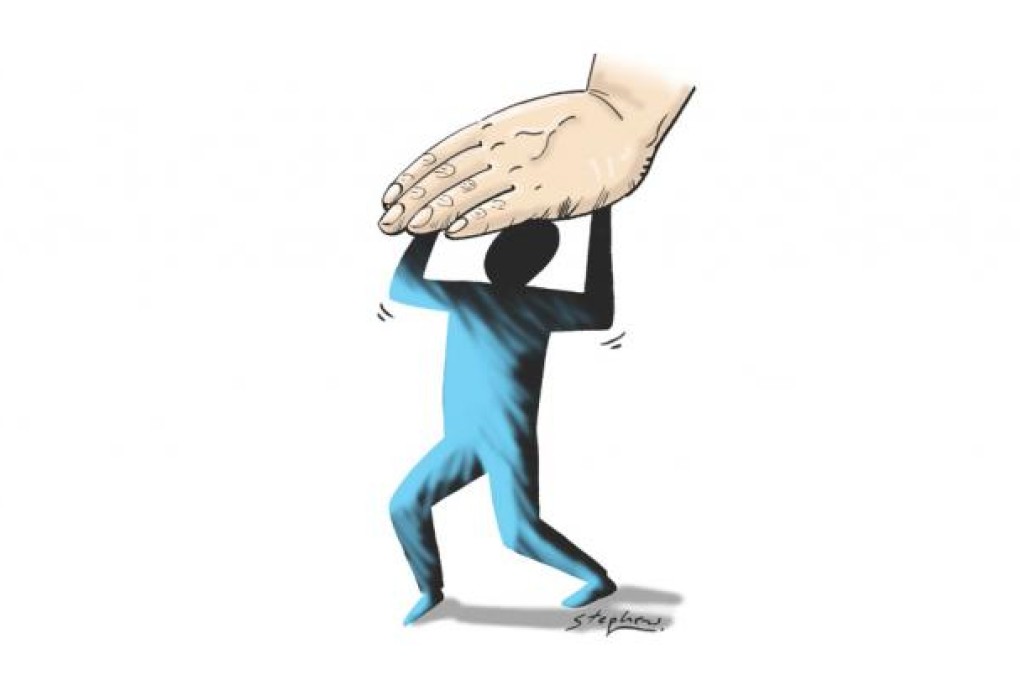Will 2013 see progress in China's rights protection?
Jerome A. Cohen says a revised criminal law that takes effect come 2013 provides the backdrop to a key challenge confronting China - how to bring the party and government under the rule of law

International Human Rights Day is always a good time to take China's temperature. This year, the country is especially feverish. Amazingly, 63 years after the People's Republic was established, populous and powerful China still has no effective means of enforcing the rights enshrined in its constitution. Yet, once again, new Communist Party leaders reignite hopes for bringing government and the party under the rule of law.
On January 1, a newly revised Criminal Procedure Law goes into effect, making explicit reference to human rights for the first time. Thousands of Chinese judges, prosecutors, lawyers, officials, scholars and party experts are currently contending and co-operating in an effort to give concrete meaning to its largely progressive, but broad and often ambiguous, language. This will be a complex, long-run process.
Although little understood outside specialist circles, the outcome of this struggle will have a major impact on the personal freedom of 1.3 billion individuals as well as on their country's politics, government, society, economy and international relations.
The revised law is not the only recent human rights legislation requiring implementation. The country's first mental health law, for example, promises better protection against arbitrary incarceration in mental hospitals. Yet other legislation is needed to eliminate the continuing threat of unfair official detention.
One litmus test will be whether the party's new leaders allow the National People's Congress to finally eliminate "re-education through labour". Legislation is also urgently needed to ban the notorious "black jails" to which would-be petitioners are subjected.
Not on the NPC's agenda is another critical measure required to assure the personal security of millions of ordinary mortals, as well as China's highest leaders - legislative regulation, if not elimination, of "double designation" (shuanggui). That is the long-standing party institution for detaining incommunicado, at the pleasure of its investigators, any of the more than 80 million party members suspected of misconduct.